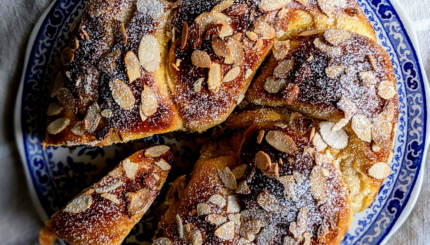I haven’t seen my friend Hafsa in a few weeks since my spouse and I enjoyed an Iftar dinner at her home, and I miss her. Sometimes I forget we’ve only known one another for about 18 months. Our friendship feels timeless, not bound by the conventional rules of time and space.
We first met in January 2017, at the Istanbul Cultural Center (ICC) in Alpharetta, GA, when I took a group of my students to meet our neighbors in local synagogues, churches, and mosques. Our visit included a formal presentation and an informal conversation with the members who had prepared and served us lunch. As Hafsa introduced herself to our group, she explained that she’d been in Atlanta with her daughter the previous July when an attempted coup d’etat in Turkey forced her husband and their other daughter to join her. Now they cannot return.
We next met in April, at Muslim-Jewish pre-Passover program at Congregation Gesher L’Torah in Alpharetta. I’d thought about her many times in the intervening months, wondered whether she and her family were settling into their new home, worried about how her extended family she’d left behind in Turkey was managing. After the program ended, we stood on the synagogue steps for nearly an hour, catching up. This time we exchanged contact information and promised to stay in touch.
We connected during the summer, mostly through social media, and saw each other again in October, at another program at ICC, a conversation about leaving one’s physical and spiritual home, forced migration, immigration. That night, I invited her to visit my 9th-grade class in December.
Hafsa was an English teacher in Turkey, and she was thrilled to interact with high school students. She shared a well-researched PowerPoint presentation about women in Islamic literature and history, but my students were more curious about her life as a Muslim woman in 21st century Atlanta, GA. Hafsa’s willingness to answer their many questions about her immigration from Turkey and the political situation for her family there endeared her to us all.
In March, she and her family joined mine at our Passover Seder. They talked about their personal exodus—fleeing an oppressive regime to enjoy a measure of freedom in a new land. By this point, we’d had some frank conversations about her seeking asylum here and what might happen if her family is not granted this status.
In May, during the span of a week, we spend two evenings together, eating figs and drinking Turkish tea to break the fast during Ramadan. First, we meet at ICC among friends in faith, including Selda, who has taken in her niece and nephew while their parents are unable to leave Turkey. The situation there, particularly for intellectuals, journalists, professionals and, of course, women and children, is quite dire. We speak of how much Turkey today reminds me of the Poland that most of my husband’s family failed to escape in the late 1930’s. We shake our heads and squeeze our eyes to hold back tears.
Have we as a human race learned nothing from the darkest days of our history? What can we do to stave off hopelessness?
Hafsa tells me that she cannot be anything but hopeful about the future. There are many circumstances limiting her family right now, due to their undetermined status, but all we can do is hope and pray to God for a positive outcome. Again, we are among the last to leave that evening, despite knowing that we will meet again at her home for another Iftar dinner in 4 days. We agree that just being together helps.
This week, my Muslim sister in Alpharetta celebrates Eid al Fitr to mark the end of Ramadan while I celebrate Rosh Hodesh Tammuz in the Jewish calendar cycle. We are separated by miles, physically distant but spiritually close, emotionally connected in ways that transcend geography. I write about our friendship to remind us we are apart but not alone, and I pray that we walk our paths of return—to each other, to our homes, to God—in peace.


